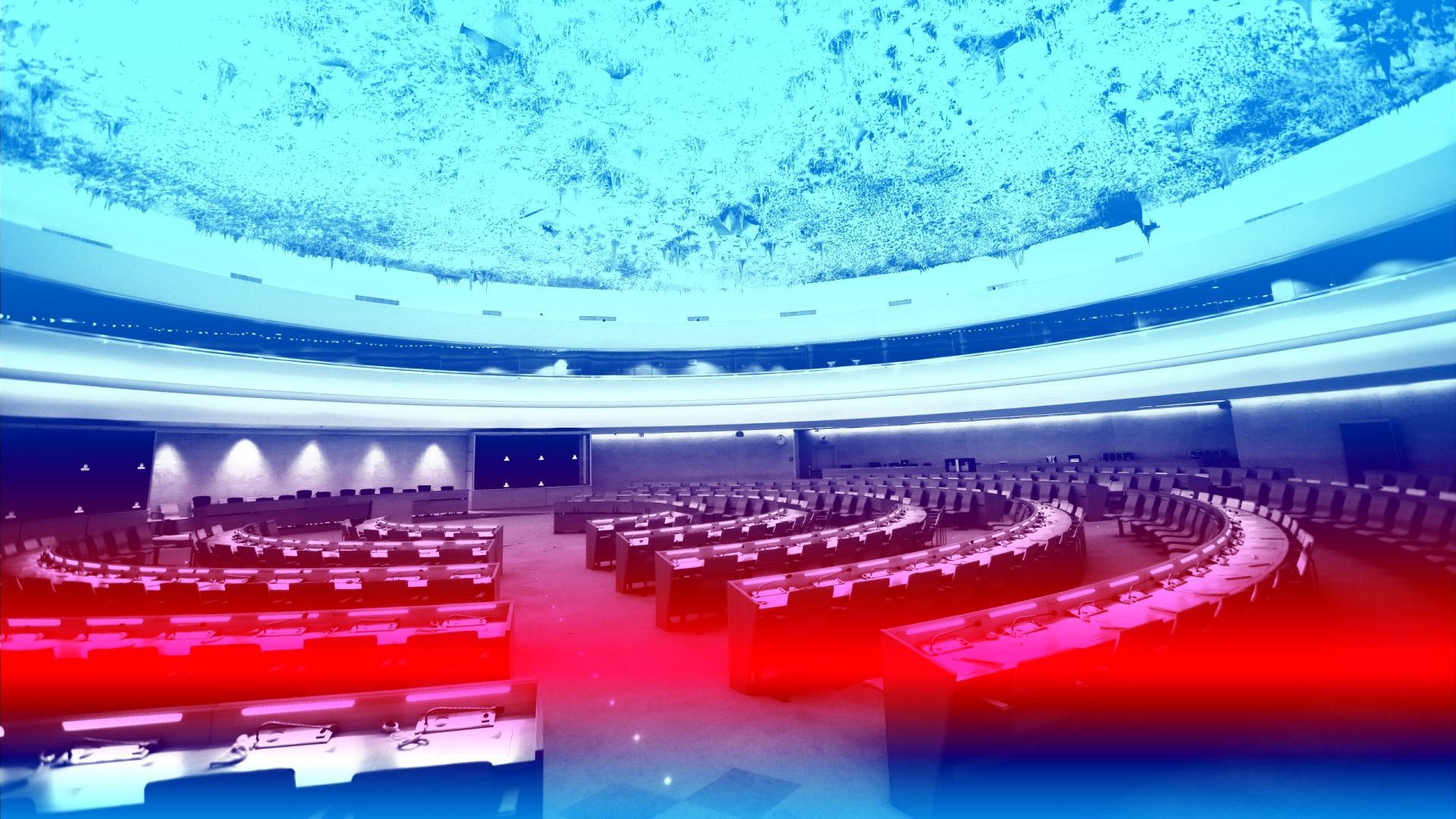
States adopt vacuous CCW report on killer robots after civil society is forced out of the meeting
The annual Meeting of High Contracting Parties to the Convention on Conventional Weapons (CCW) took place from 16-18th November at the United Nations in Geneva. The meeting was chaired by Ambassador Czech of Poland.
With only 3 days to consider and adopt a range of measures relating to the operation of the CCW, a brief period of time was allocated to consideration of the report of the Group of Governmental Experts relating to autonomous weapons agreed by states in July 2022.
During the formal meeting time, a handful of states took the floor to propose largely irrelevant amendments to the report, with no engagement on substantive aspects of the normative and operational framework. Despite the majority of states calling for negotiations on a legally binding instrument containing both prohibitions and regulations, the report contains no provisions relating to the prohibition or regulation of autonomous weapons systems and no commitments towards negotiations.
Stop Killer Robots delivered a statement describing the CCW as deadlocked. The statement noted that ‘procedural requirements for consensus based decision making have resulted in repeated failure to launch negotiations that the world urgently needs. States that insist upon the exclusivity of discussions here lack credibility, and are increasingly complicit in the deadlock.’
With no progress made on substance, states were left to determine the number of days for further discussion at the GGE next year. State’s preferences ranged from 10 to 20 days. States in favor of 20 days argued that progress at the CCW required 20 days in order for states to maximize opportunities for reaching agreement at the CCW. However, the Russian Federation made clear early in the meeting their preference for 10 days.
At 6pm on Friday 18th December, the formal meeting ended with no agreement reached. As on previous meetings at the CCW, the meeting was moved to another room to proceed in an informal manner, absent live streaming or interpreters.
At the outset of the informal meeting, the Russian Federation again took the floor to insist upon the eviction of civil society. This was a repeat of the same objection made during the GGE meeting in July. Again, a range of states took the floor to defend civil society participation. However, on this occasion, the meeting Chair relented and asked civil society to leave the room. Stop Killer Robots campaigners were eventually forced out, leaving discussions to continue without transparency.
The informal meeting continued for several hours without civil society presence. After several hours into the evening, states agreed that there should be only 10 days of GGE meetings in 2023, from 6-10th March and 15-19th May. States that preferred 20 days were ultimately defeated by those seeking 10.
Yet again, the CCW has failed to deliver results. The shambolic meeting was marked by persistent interventions from the Russian Federation, a vacuous final report, and very few days allocated for further discussion next year.
With serious challenges to international security and mounting evidence of autonomous weapons systems being used in contemporary conflicts, political leadership is now urgently needed to avoid the devastating consequences of allowing the development and use of autonomous weapon systems to proliferate.
While the CCW continues to fail, progress continues to develop elsewhere, including a resolution at the UN Human Rights Council and a joint statement delivered by 70 states at the UN General Assembly, both in October 2022.
Stop Killer Robots calls upon states to build upon the important work that has been done, and take immediate steps to launch negotiations on an international legally binding instrument. We look forward to the upcoming conferences in the Netherlands and in Costa Rica in February 2023 and further international meetings planned in the year ahead.


